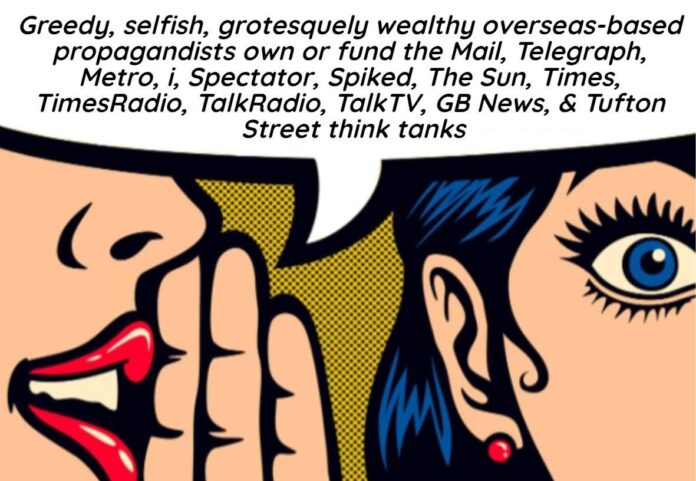Few subjects can claim to be as contentious as terrorism when reported on. Whilst the media is not necessarily predisposed to answering the questions of who is a terrorist and whether a particular attack constitutes terrorism, it nevertheless does this through it’s selective use of the terms terror, terrorist, and terrorism. It creates its own lens determined by the bias and agenda it is seeking to reflect based upon the autobiographies of the journalists, editors, and owners. This has the consequence of producing narratives that are often inaccurate and create and/or enhance prejudice and bigotry amongst those who consume it.
Even when certain attacks are similar in nature, they are often defined and reported on differently. In doing so, certain sections of the media have not only decided de facto what terrorism is and who is a terrorist but have also succeeded in co-opting everyday religious vernacular and symbols to influence their decisions.
According to Tony McEnnery (Professor of English Language and Linguistics, Lancaster University),
The freedom of the press is to be cherished. Free media is a cornerstone of democracy, providing a medium through which truth may be transmitted and debate can be fostered. The British media has a long and proud history of speaking truth to power. Yet, freedom does not mean that the media are beyond reproach. Especially when talking about individuals and groups who are relatively powerless, the media becomes the power to whom the truth must be spoken. When the press communicates falsehoods, they are, and should be, challenged. Similarly, when fostering debate brings the freedom of the press into conflict with other values we hold dear – fairness, respect for others, building a sense of shared community – then again the press should be challenged.
With terms such as ‘terrorism’ or ‘terrorist’, those who control the narrative are helping to create the way many people view the world…. The media have a responsibility to treat all knowledge equally and to ensure that their audience is informed to make enlightened decisions. Once the narrative purposefully leans in a particular direction, knowledge becomes propaganda. That is not to say that a media cannot give a different viewpoint from that of other media, but the content must be factual. Too often, when reporting incidents of terrorism, this is not the case. Some groups that are engaging in terror activities are being represented differently for political reasons. This is not good journalistic practice.
In the period 2016-2018, a constant stream of inaccurate stories about Islam or Muslims were changed or retracted by national newspapers and broadcasters following discussions with editors or complaints to the print and broadcast regulators.
‘Since 9/11, terrorism has become synonymous with Muslims. Much of this has been driven by media reporting on the subject. For example, terrorism is disproportionately the most recurring theme in British media when reporting on Muslims and/or Islam.2 Centre for Media Monitoring’s “State of Media Reporting on Islam & Muslims” quarterly report from October–December 2018 found that one quarter of 10,931 online news articles with an identifier of Muslims and/or Islam were on the topic of terrorism or extremism.‘
Before we analyse how the narrative has been distorted, we must remember the effect it has on those who are the victims of misrepresentation. From mental health issues to feelings of alienation and marginalisation to anger and, in some cases, plotting against those they perceive to be the problem. And tthen,in extreme cases, radicalisation. Whatever the media may say, they are at least partially responsible for the outcomes whatever they may be.
It is also important to remember that it is not only bias but inconsistent coverage that is a major issue. It is not a simple equation.
If you like our content, join us in helping to bring reality and decency back by SUBSCRIBING to our Youtube channel: https://www.youtube.com/channel/UCQ1Ll1ylCg8U19AhNl-NoTg AND SUPPORTING US where you can: Award Winning Independent Citizen Media Needs Your Help. PLEASE SUPPORT US FOR JUST £2 A MONTH https://dorseteye.com/donate/







